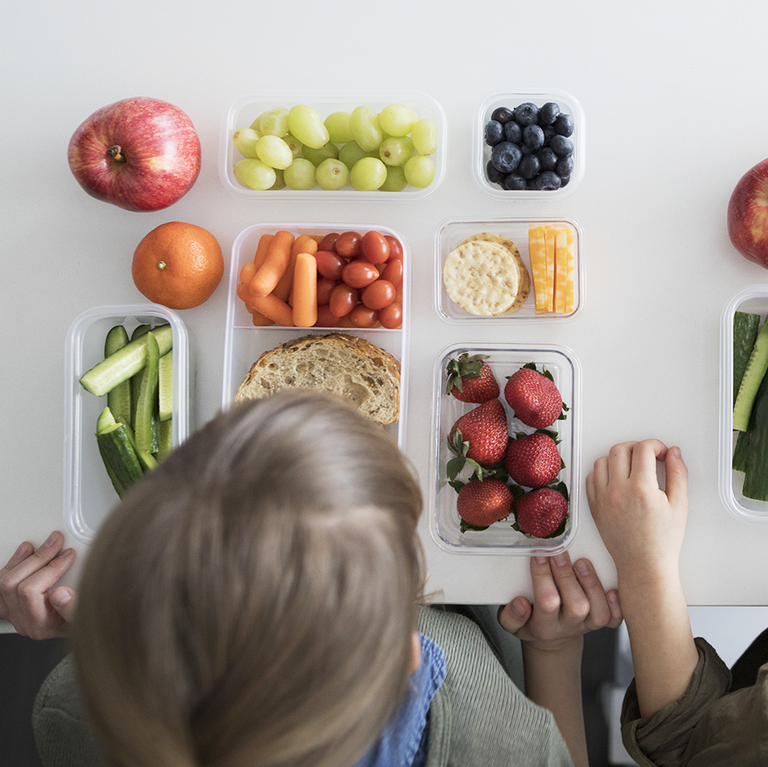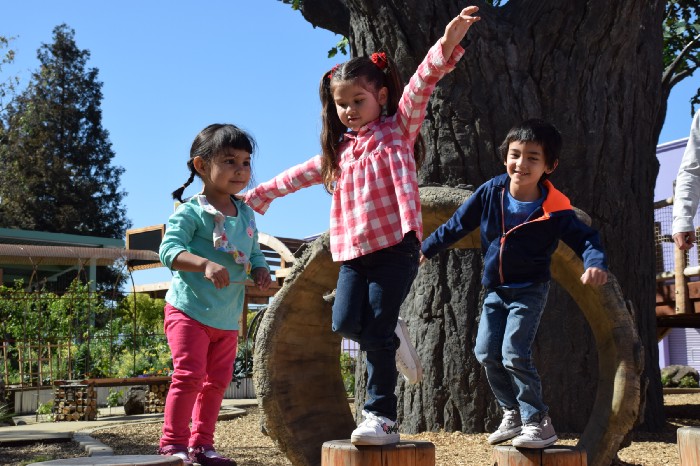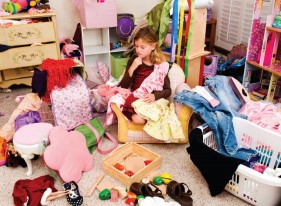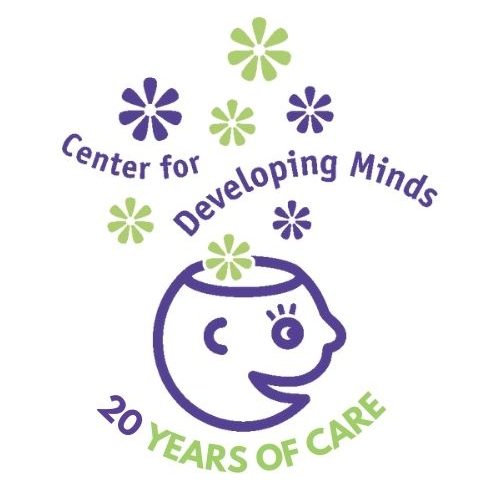The professionals at Center for Developing Minds are frequent contributors to blogs and articles, writing on a variety of topics for parents, caregivers, educators and clinicians. A sample of their work is included here. Please follow our social media accounts for the latest published pieces.

Parenting Made Easier with Minimalism
Recently, I met Joshua Fields Millburn and Ryan Nicodemus, better known as The Minimalists. They asked me to join their show to talk about my work and the creation of Raising an Organized Child. In preparation for that interview, I learned a great deal about them...The more I learned about minimalism, the more I realized that I have been promoting a similar philosophy in my book and to my patients for the past 20 years. I encourage clients to simplify their parenting, to not be afraid to let their child struggle or be bored, and to teach them the basic skills they will need to be organized thinkers as adults. As a result, I help families to reduce their stress. I have been teaching Minimalism Parenting.

Working, Parenting, and Sheltering in Place
For the fortunate parents who are able to transition their job to work from home during the current coronavirus shutdown, you are inevitably discovering how challenging it is to work and parent at the same time. It is important to recognize that your work productivity is probably going to take a hit during this shutdown. Adjust and set more realistic expectations for you and your family. The following are age appropriate suggestions to help keep your family moving forward during this unprecedented situation. Tips to reduce frustration and get some work done.

Parenting in a Pandemic
It is a well-known fact that children thrive when there are routines. The daily life for most children is pretty mapped out and organized. But, as children suddenly need to stay sequestered home due to this unprecedented response to the coronavirus, unless parents are planful, it is easy for the structure to fall apart. When structure falls apart, restlessness sets in and chaos can take over.
Staying organized is the key to keeping your sanity.

Battling Boredom
At this point, you have protected your family by sheltering in place, sanitized your house, implemented routines and clarified the house rules. You have a plan to ensure your family has the food, medicine, and toilet paper they need. Some parents have transitioned to working from home and others have set up their children’s on-line education program. You are doing your best to keep the troops entertained. Yet, it is inevitable, after being cooped up in one place with the same people — day after day — sooner or later boredom will eventually creep in. First of all, do not fear your child’s boredom. Boredom is important.

Emotional Regulation and Your Child
Emotional regulation is one of the most important aspects of having a quality life. The skill of knowing how to self soothe and manage intense emotions affects all aspects of our lives. For instance, if one of our children melts down constantly, this can cause strain on the family unit. Likewise, if our child has trouble being flexible or tantrums every time a playdate does not go their way, it will be difficult for the child to have friends.

Your Kids Should Make Their Own Lunches Starting in Third Grade, This Doctor Says
In the daily bustle of getting kids ready for school, everyone has a mental checklist of items they have to take care of before getting out the door. Brush teeth? Check. Make sure everyone knows where their shoes are? Check. Make sure you have your phone/wallet/keys? Check, check, check. The key to making it all go smoothly is to make sure your checklist isn't overflowing with 20,000 items that you, personally, have to keep track of per day.

5 Ways to Outsmart Your Kids So They Finally Do Their Chores
With the right tactics, you don’t have to fight with your children about helping out around the house. If you are continually nagging your children about chores, take this first step: Stop using the word "chores." It conjures up a negative connotation. Instead think about them as developmental lessons that your children need to learn. While helpful to the family, a primary purpose of chores is to help children acquire new skills, such as learning about order, time management and being helpful.

Delivering Difficult News to Young Children
Emotional regulation is one of the most important aspects of having a quality life. The skill of knowing how to self soothe and manage intense emotions affects all aspects of our lives. For instance, if one of our children melts down constantly, this can cause strain on the family unit. Likewise, if our child has trouble being flexible or tantrums every time a playdate does not go their way, it will be difficult for the child to have friends.

The Art of Raising an Organized Child
Organized children do not suddenly appear – they are raised. Training the brain to think orderly begins during infancy and continues in adolescence and into early adulthood. When children are young they learn where things go and when to do tasks, but as they grow older, the expectations of life become increasingly complicated. Planning and problem solving skills are needed to navigate school, work, and relationships.
